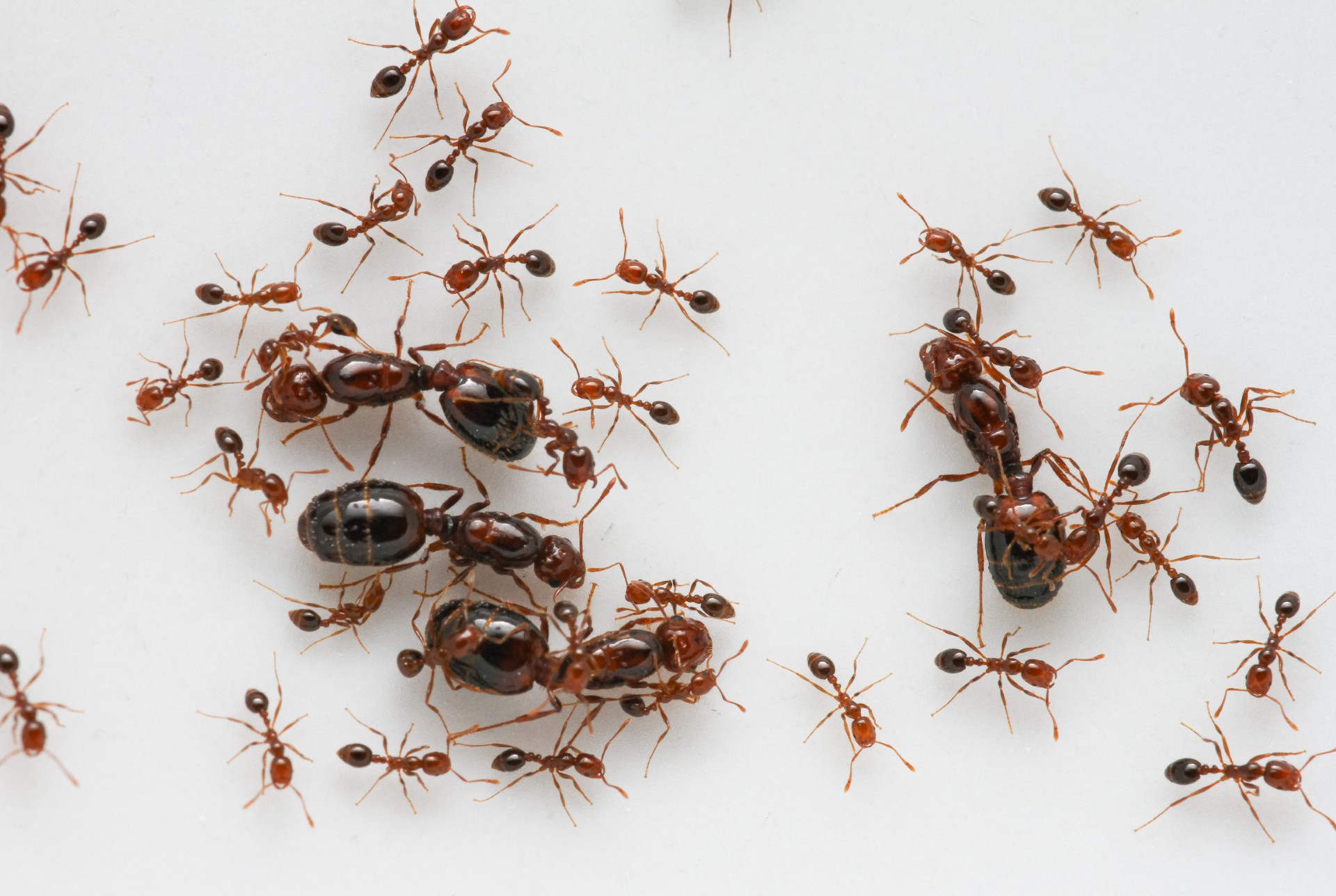|
| A new study shows peanuts are not only in popular foods, but are good for you. They help lower cholesterol, which helps fight heart disease. |
For years, nutritionists have known that peanuts and pecans are high in Vitamin E and folic acid. University of Georgia food scientists have now found that these nuts contain high levels of plant sterols, which lower blood cholesterol levels.
"Plant sterols are considered to be significant functional food components," said Ron Eitenmiller, a food scientist with the UGA College of Agricultural and Environmental Sciences. "They aren't nutrients or vitamins, but they are really potent, effective food constituents."
Eitenmiller said plant sterols compete with the absorption of cholesterol. When eaten in the right quantities, they can reduce serum cholesterol in humans.
"Plant sterols are now considered by the medical community and the Food and Drug Administration as another approach to lowering serum cholesterol," he said. "This has a direct effect on reducing coronary heart disease. And peanuts and pecans are concentrated sources of plant sterols."
High Levels of Plant Sterols
Peanuts and pecans contain much higher levels of plant sterols than many other foods. "Peanuts have 150 milligrams per 100 grams. And pecans contain 100 milligrams per 100 grams," Eitenmiller said. "The amounts are significant when compared to most other foods, which contain much lower sterol levels than nuts."
Eitenmiller and UGA food scientist Phillip Koehler recently completed a study on Vitamin E and folates in peanuts and pecans.
Their research was in support of the U.S. Department of Agriculture Nutrient Composition Laboratory, a section of USDA that provides nutritional information on the U.S. food supply. "Our research is providing the USDA with really good, quantitative information," he said.
Vitamin E, Folic Acid
Virtually all nuts are high in Vitamin E, a natural antioxidant. Pecans contain 25 milligrams per 100 grams. Dry roasted peanuts contain 19 milligrams per 100 grams.
Folic acid is needed in forming red blood cells. Lack of folic acid can lead to many deficiency symptoms. Eitenmiller said nuts, as a group, are good sources of folic acid.
"All peanut products are good sources of folate," he said. "Folate is an unstable vitamin that is in relatively short supply in our daily diets." Besides in nuts, folic acid is in orange juice, green leafy vegetables, strawberries, beans and enriched cereal products.
|
| No need to go light on those holiday pecans. A UGA study shows they're better for you than you think. |
Eitenmiller and Koehler studied a number of Georgia peanut and pecan varieties from the 1998 and '99 crops. They compared the levels of Vitamin E and folic acid in pecans, raw peanuts, roasted peanuts and peanuts processed for peanut butter.
"We found very little nutritional difference between raw peanuts and processed peanuts," Eitenmiller said. "And there are no differences in varieties or in geographical growing locations."
Consumption Declining
Until recently, despite the excellent nutritional qualities of peanuts, consumption has been declining, Eitenmiller said. "One of the basic reasons peanut consumption went down was people's perception that peanuts are bad for you because of the fat content," he said.
"But the fat itself is very highly polyunsaturated," he said. "It's a good mix of fatty acids that are considered to be optimal for good human health. So even the fat content is another advantage of eating nuts."
He said people should work nuts into daily diets in moderation. "We are never going to get away from the fact that pecans are 70 percent fat and peanuts are 45 or more percent fat," he said. "But from a nutritional standpoint, their fat is much better for you than the fat you get eating a fast-food hamburger."








